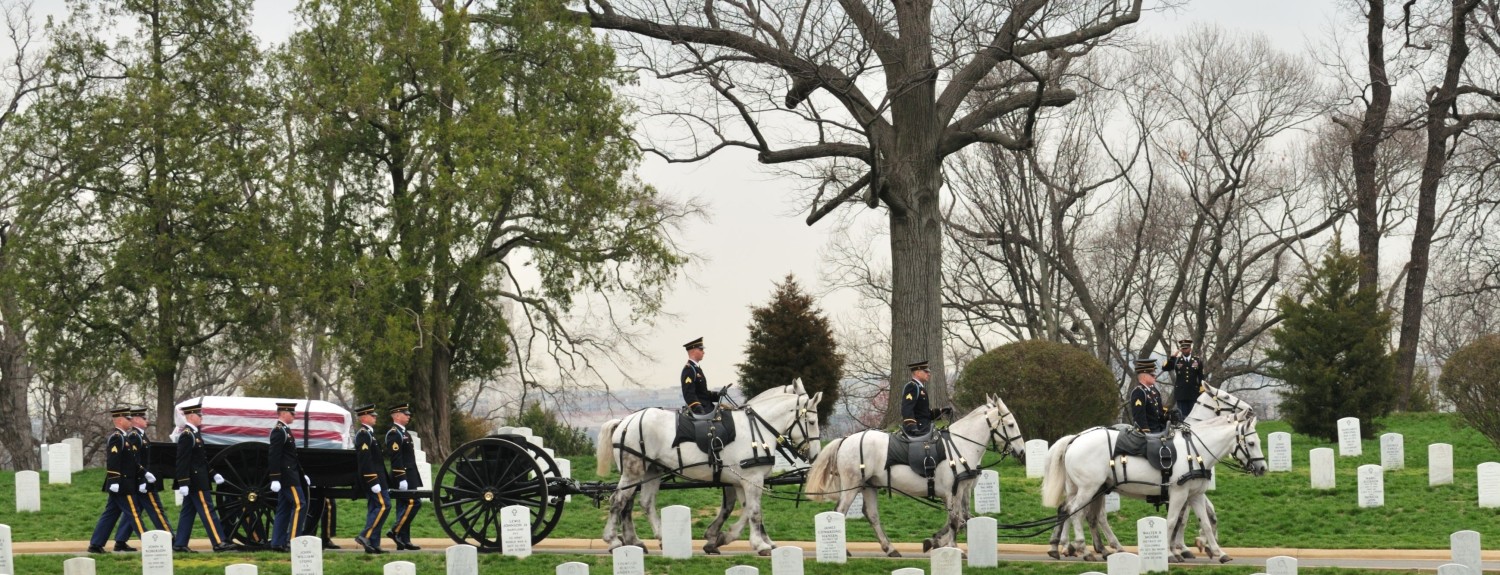This isn’t news; but it’s true.
There are extraordinary Americans serving in the United States military.
Amidst a popular culture that sees comic-based superhero movies rake in billions and billions at the box office and elsewhere, there are people living and breathing, wearing a patch of the American flag on their shoulder, who are actual “super” human beings, and heroes.
The first soldier to die in combat in Iraq since 2011 last week — Master Sgt. Joshua L. Wheeler, an elite Delta Force Army soldier — was one of these rare Americans.
Sure, it’s easy to take the beaten path and blindly project these superlatives on military members who sacrifice so much to protect the United States. No one would or should argue that they be written or spoken.
It’s another thing, however, to say them through stories — through examples and anecdotes — and that’s precisely what New York Times reporters Richard Pérez-Peña, Katie Rogers and Dave Phillips did when they published a brief yet extraordinarily powerful obituary/bio in the Gray Lady this past Friday on the fallen soldier, whose valor helped save the lives of 70 people facing certain death at an ISIS-controlled prison.
Read the story in its entirety by clicking here. But be warned: it will change the way you look at your own life. To say that it’s “humbling” would be a vast understatement.
Here are a few blurbs that hit us hard …
On Wheeler’s hometown, in eastern Oklahoma:
“In that area, if you didn’t go to college, you basically had a choice of the oil fields or the military,” said his uncle, Jack Shamblin. “The Army really suited him; he always had such robust energy and he always wanted to help people, and he felt he was doing that.”
On his upbringing:
… the oldest child in a dysfunctional home, he was often the one who made sure his siblings were clothed and fed …
His mother, Diane, had two marriages to troubled and abusive men, both ending in divorce, said Mr. Shamblin, her brother. She had two sons with her first husband and three daughters with her second, and outlived both men. She died last year at age 60.
One of Sergeant Wheeler’s sisters, Rachel Quackenbush, said her parents were “mentally gone.” Family members said that they often got by on some form of government assistance.
It was her brother who held them together, making sure the younger children ate breakfast, got dressed and made it to school — even changing dirty diapers. On his own initiative, Mr. Shamblin said, he held a variety of jobs, including roofing and work on a blueberry farm, to bring in a few extra dollars.
On one of his first visits back from the Army after he enlisted at the age of 18 in 1995 (he joined the Army Rangers two years later in 1997):
He noticed that the pantries were bare, retrieved a gun and left. “He went out and he shot a deer,” she said. “He made us deer meat and cooked us dinner.”
On his high school days:
“He was always funny, even mischievous, but always the guy who seemed like he had your back,” said April Isa, a classmate who now teaches English at the high school. “Most of our class was cliques, but he wasn’t with just one group. He was friends with everyone.”
On Wheeler as an elite soldier:
“He was very focused, knew his job in and out,” said the former officer who had commanded Sergeant Wheeler. “It is hard to describe these guys. They are taciturn, very introspective, but extremely competent. They are Jason Bournes, they really are.”
On his legacy as a man:
“He was exactly what was right about this world,” she said. “He came from nothing and he really made something out of himself.”
Here’s footage of Secretary of Defense Ash Carter praising Wheeler’s valor, and honoring his death, at the Pentagon a few days ago:




































